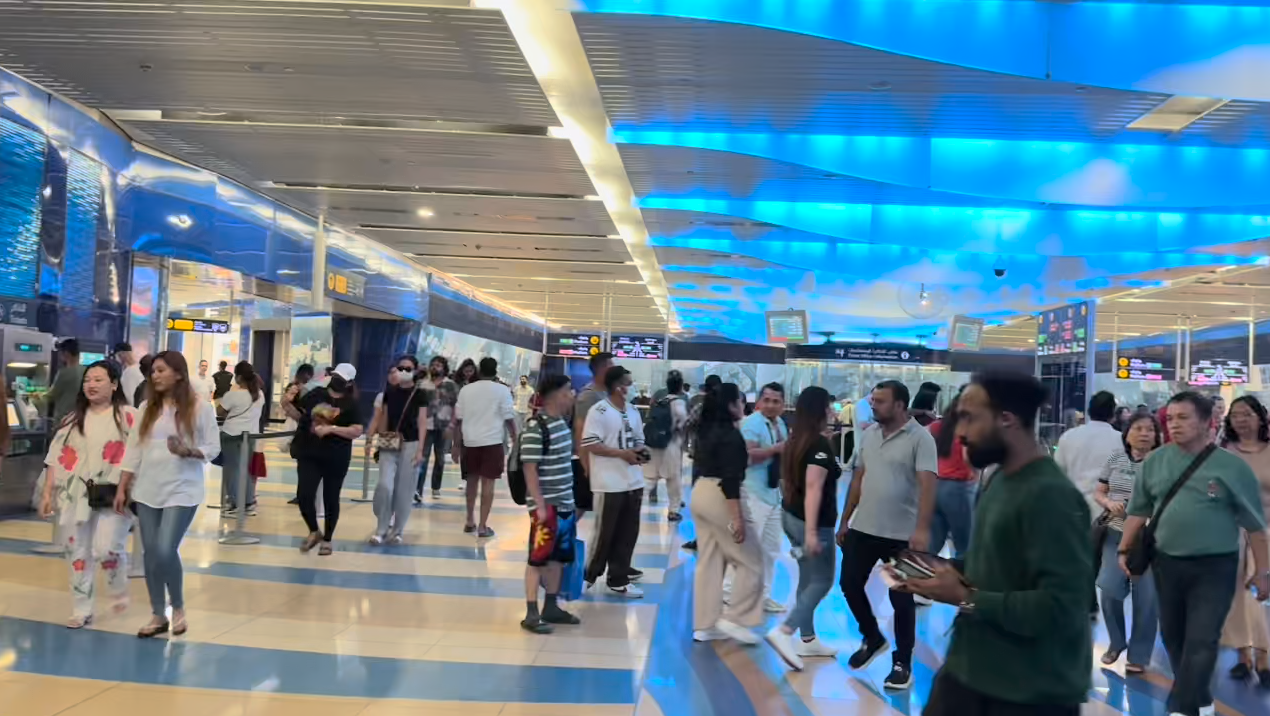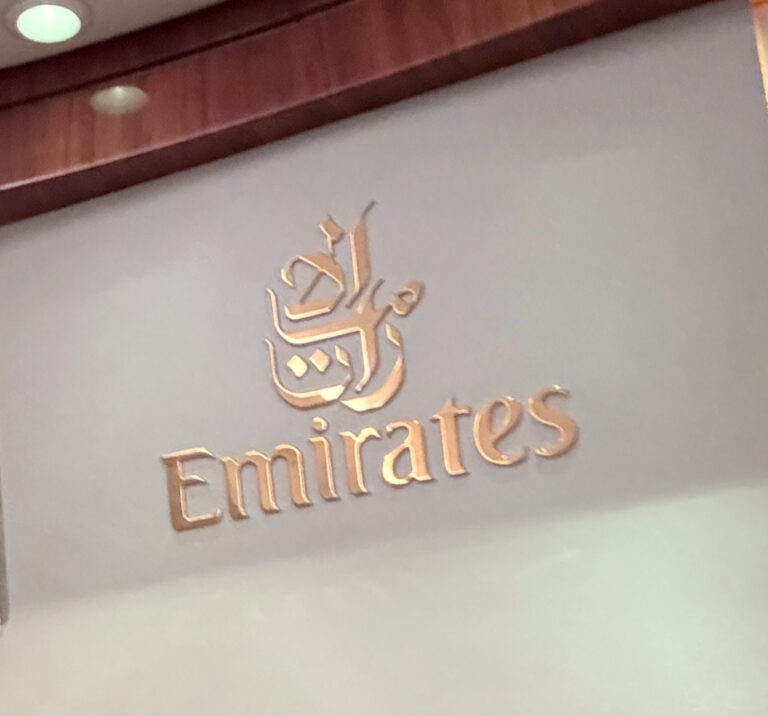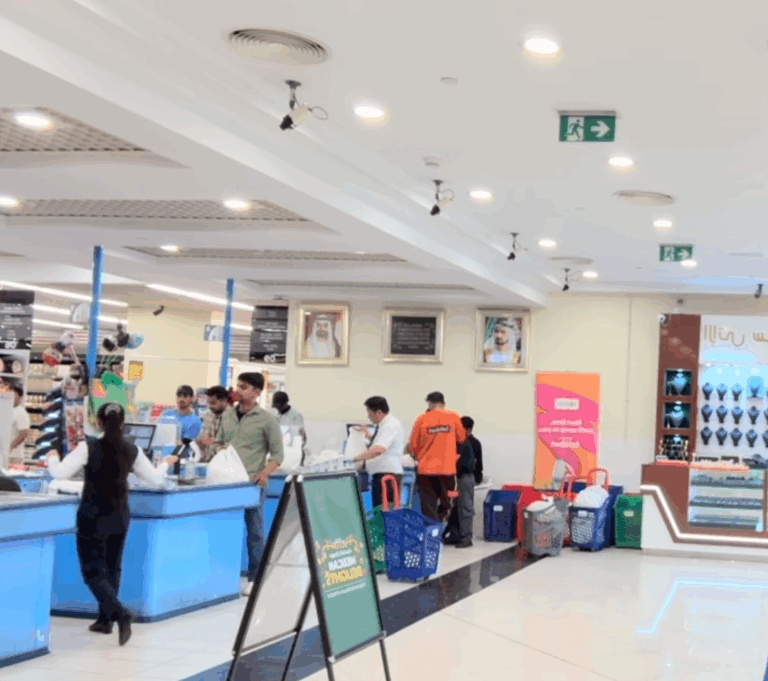
Since the very beginning of human existence, life has been characterized by people’s ability to use available resources to achieve objectives that empower them to develop their potential and improve their well-being, as well as that of their families. While living within a community, individuals seek leadership that can guide and unite them in pursuing common goals for the benefit of society as a whole. By joining their efforts, people work to develop their communities and themselves in a fair manner, striving to achieve a proper work-life balance in a safe and supportive environment.
Success in reaching meaningful goals, according to each society’s potential, depends not only on natural resources and the quality of people’s abilities but, above all, on the quality of leadership they choose and how committed that leadership is to ensuring the freedom and stability necessary for the system to function effectively. Strong and responsible leadership enables economic development and ensures that the benefits of progress are shared fairly among all members of society.
In modern times, many people leave their home communities—today known as nation-states—to live in others that offer better opportunities for achieving a balanced and fulfilling life. People emigrate in search of improved work-life balance, confident that the country they choose provides leadership that fosters an environment where individuals have equal opportunities to succeed and to pursue their goals of harmony and well-being. Brazil and the United Arab Emirates (UAE) are two nations that exemplify this dynamic, though they differ greatly in geography, territorial size, and natural resources. Brazil and the United Arab Emirates (UAE) are two nations that exemplify this dynamic, though they differ greatly in geography, territorial size, and natural resources. However, their differences extend beyond these factors, as they also vary in how they utilize their countries’ resources, including natural wealth, knowledge, and human capital.
The UAE continually attracts thousands of immigrants from diverse cultural, financial, and educational backgrounds. Let us take a closer look at Dubai. Research shows that people from over 200 different countries and cultures live in the city, yet it maintains a remarkably low crime rate—for example, last year the murder rate was only about 0.2 per 100,000 people (Government of Dubai >>>). Despite their diverse backgrounds, these individuals live well-integrated lives under a shared framework of rules and responsibilities that help their communities grow, remain safe, and prosper. This is made possible by leadership that not only envisions this kind of harmonious life for all residents but also knows how to successfully implement that vision in practice. It is also important to remember that the UAE is located in a desert, where natural conditions are harsh and resources are limited, yet the country has managed to create a thriving, safe, and prosperous society.
Strong, fair leadership and the rule of law make this possible. Dubai’s system emphasizes order and progress, focusing on providing people with opportunities for personal development as well as maintaining strong public safety. Walking alone at night is considered very safe, and the overall crime index remains extremely low (Numbeo >>>). People from all backgrounds experience fair treatment under the system and often express satisfaction with their lives and the opportunities available to them. I can personally testify that this is true. Thanks to this governance and social contract, Dubai is a place where everyone – locals and immigrants alike – can enjoy the freedom of living in a safe, well-ordered city, where serious crimes and theft are rare and the chance of escaping justice is minimal. In short: a city which reflects a country built on inclusion, opportunity and strong but fair rules.
As a Brazilian, I cannot overlook the stark contrast. In Brazil, almost everywhere, people are sometimes killed over something as simple as a mobile phone. The country suffers from very high rates of violent crime, making it difficult for both residents and international visitors to enjoy its natural beauty without fear of robbery—or worse. Despite Brazil’s continental size and immense natural wealth, it attracts fewer than 7 million international visitors per year, only the city of Dubai welcomed 9.88 million international visitors in the first half of 2025 alone.
In a recent report by the newspaper O Globo >>>, Delegate Patrícia Alemany, head of the Tourist Assistance Police Station (DEAT), emphasized that as Rio de Janeiro receives more visitors, the number of crimes targeting tourists also rises. In 2024, there were approximately 3,400 reported incidents; this year, the figure has already surpassed 4,000, increasing proportionally with the growth in tourist numbers.
Every day, 62 young people are killed in Brazil, in a situation that challenges the authorities to prevent new generations from being drawn into organized crime and the subsequent victimization of even younger groups. In 2022, nearly half (49.2%) of the 46,400 homicides recorded in the country involved victims aged between 15 and 29. Source: CNN >>>
Meanwhile, billions are spent in Brazil on the salaries of high-ranking elected politicians and senior officials across the three branches of government – the legislative, executive, and judiciary – with the expectation that they would create a framework in which economic and social progress could be achieved, given Brazil’s abundant natural potential. Instead, poverty and crime dominate the daily lives of Brazilians and visitors, and sometimes people even lose their lives simply while walking the streets. Opportunities for personal and professional growth remain limited, the quality of education is low, and Brazilian professionals are generally less competitive on the global stage. The country continues to rely on foreign investment because it has not seriously focused on the professional and scientific development of its own people. Brazil remains a nation whose guiding vision – “Ordem e Progresso” (Order and Progress), stated on its flag since 1889 – has still to be fully realized, lacking leadership capable of transforming its immense natural potential into tangible results. Were it not for its natural geography and resources, the country’s achievements would be far less than what its leaders throughout history have been able to provide for its people.
Dubai, representing the broader United Arab Emirates, was an underdeveloped desert region in the 1970s. Yet, through the vision and intelligence of His Highness Sheikh Mohammed – and before him, his father – the desert city transformed itself despite having limited natural resources, serving as a remarkable example of leadership. The city’s combination of strict governance, robust public safety measures, and well-maintained urban infrastructure has made it a magnet for tourists, expatriates, and immigrants alike – all of whom can move freely, explore the city, and live without fear of crime.
Dubai and the UAE’s transformation into a global business, tourism, and logistics hub has been driven more by visionary planning, investment, and infrastructure than by natural resources. In contrast, Brazil, despite its vast size and abundant natural wealth, has struggled to fully harness its potential since gaining sovereignty in 1822. The UAE, a desert nation that began developing only in the 1970s, has flourished under strong leadership, evolving into a global center for trade and tourism, despite its limited natural resources. This success is rooted in effective governance and significant investments in infrastructure and human capital, with a focus on business development and creating opportunities for all. Safety, low crime rates, and a pro-business environment have made the UAE an attractive destination for residents, immigrants, and visitors alike.



